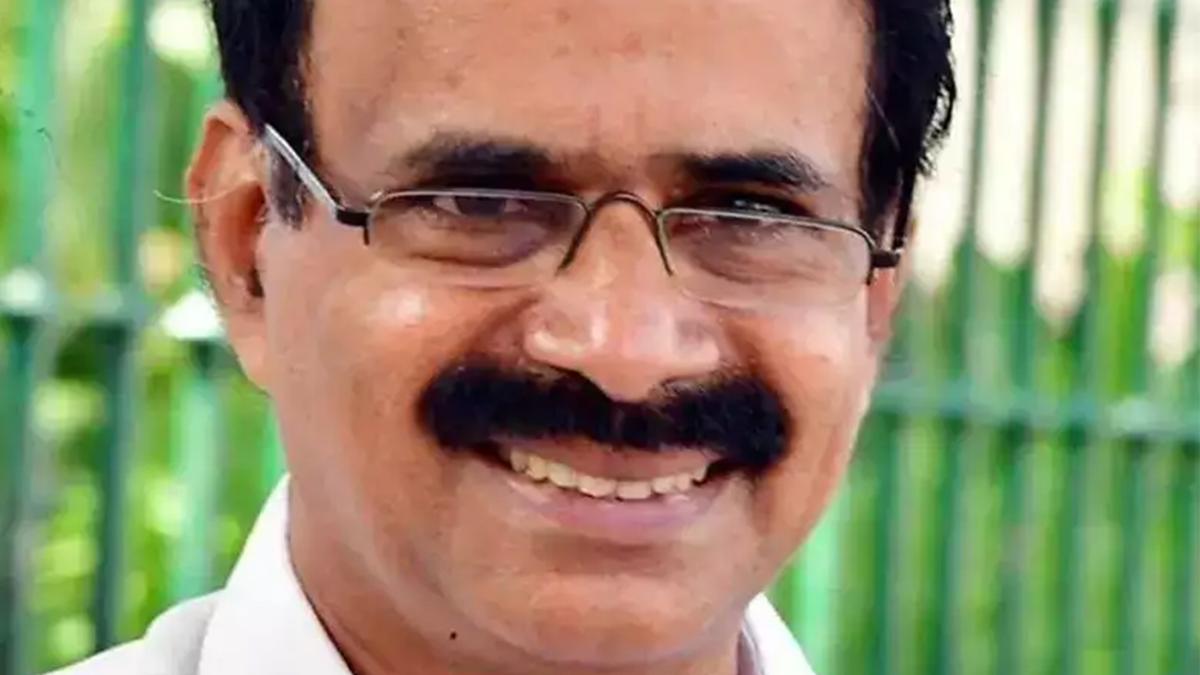In an effort to expand the reach of the Meendum Manjappai campaign to a broader and younger audience, the Tamil Nadu Pollution Control Board has partnered with social media content creators to promote eco-friendly alternatives to plastic.
Launched in 2021, the campaign promotes the use of cloth bags and other eco-alternatives to reduce the production and consumption of single-use plastic bags in the State.
Supriya Sahu, Additional Chief Secretary to the Department of Environment, Climate Change, and Forests, said that traditional public service messaging can often be didactic and information-heavy, making it difficult to engage the public, especially when the subject is as abstract as environmental conservation.
“Messages about education and the environment are harder to communicate than, say, topics like food, which have an instant appeal,” she said.
“Plastics have been in use for over five decades, so it is unrealistic to expect behavioural change in just a few years. But we are exploring new communication strategies to influence people’s habits,” she added.
Ms. Sahu said that involving digital creators was a conscious move to modernise messaging and make it more relatable. “The Manjappai is a strong symbol; it is rooted in our culture and heritage,” she said.
For Chennai-based lifestyle content creator Mahalakshmi, who has over 50,000 followers, the cloth bag is both eco-friendly and fashionable. “These bags look really cool,” she said.
She believes awareness around carrying cloth bags has grown significantly in recent years. “It is high time we controlled the use of plastic bags. While it may not be possible to completely stop plastic production, we can definitely regulate it.” As an animal lover, Ms. Mahalakshmi also highlights the harmful effects of plastic waste on wildlife.
Jones Vasanth, a 37-year-old content creator, said that he became aware of the campaign through social media. “I’m not sure how effective it will be, but I do think sustainability is important,” he said.
His interest in the topic was sparked by documentaries on global warming, overproduction, and plastic pollution. “Sometimes it feels like there is nothing we can do. But this campaign is something small and practical,” he said, adding that its impact would be meaningful, only if the sale of plastic products was also curbed.
Published – July 06, 2025 12:16 am IST



